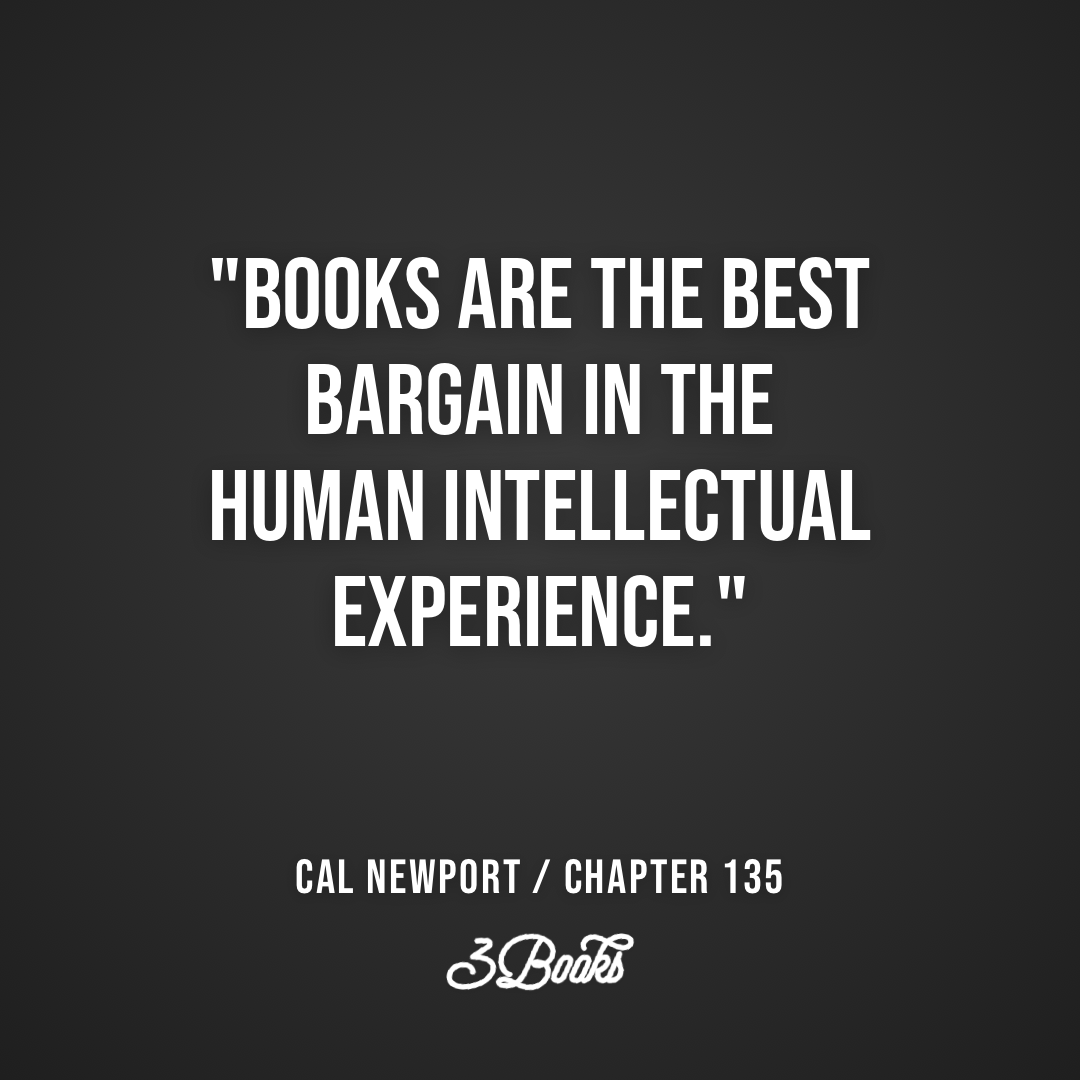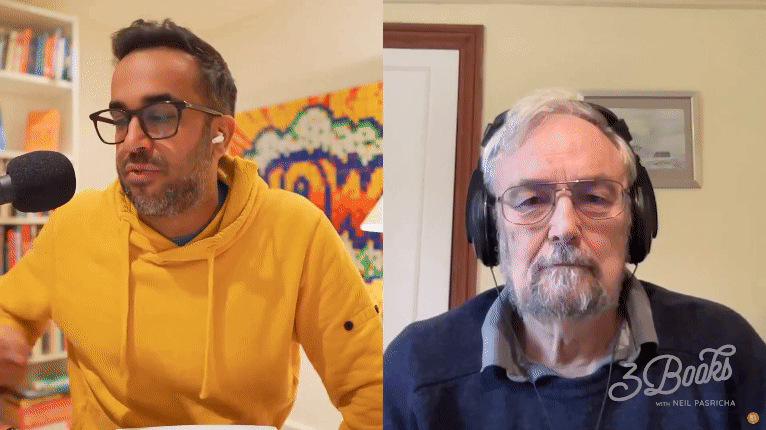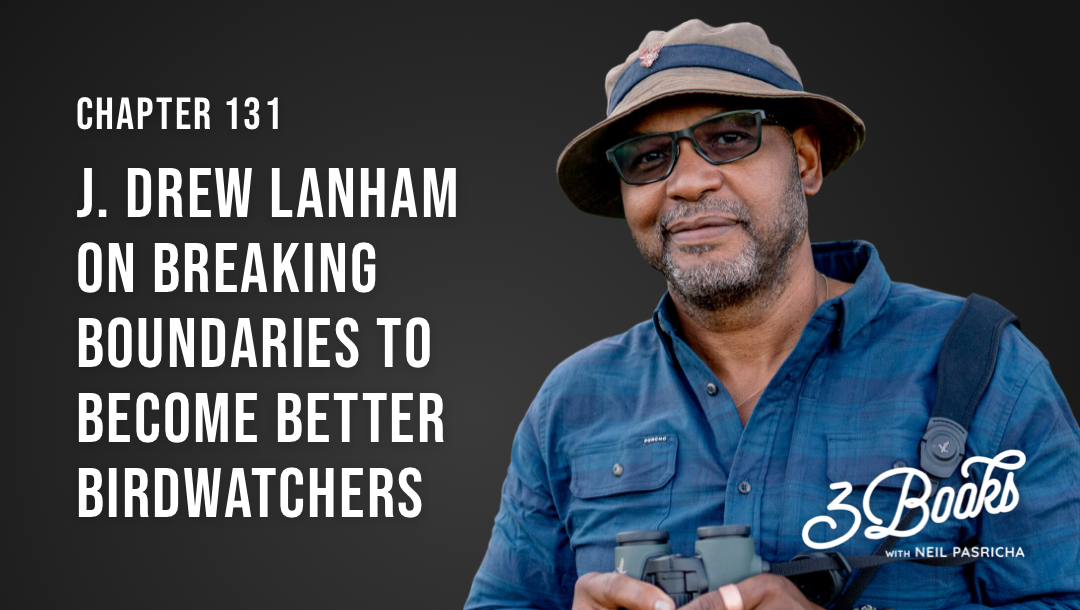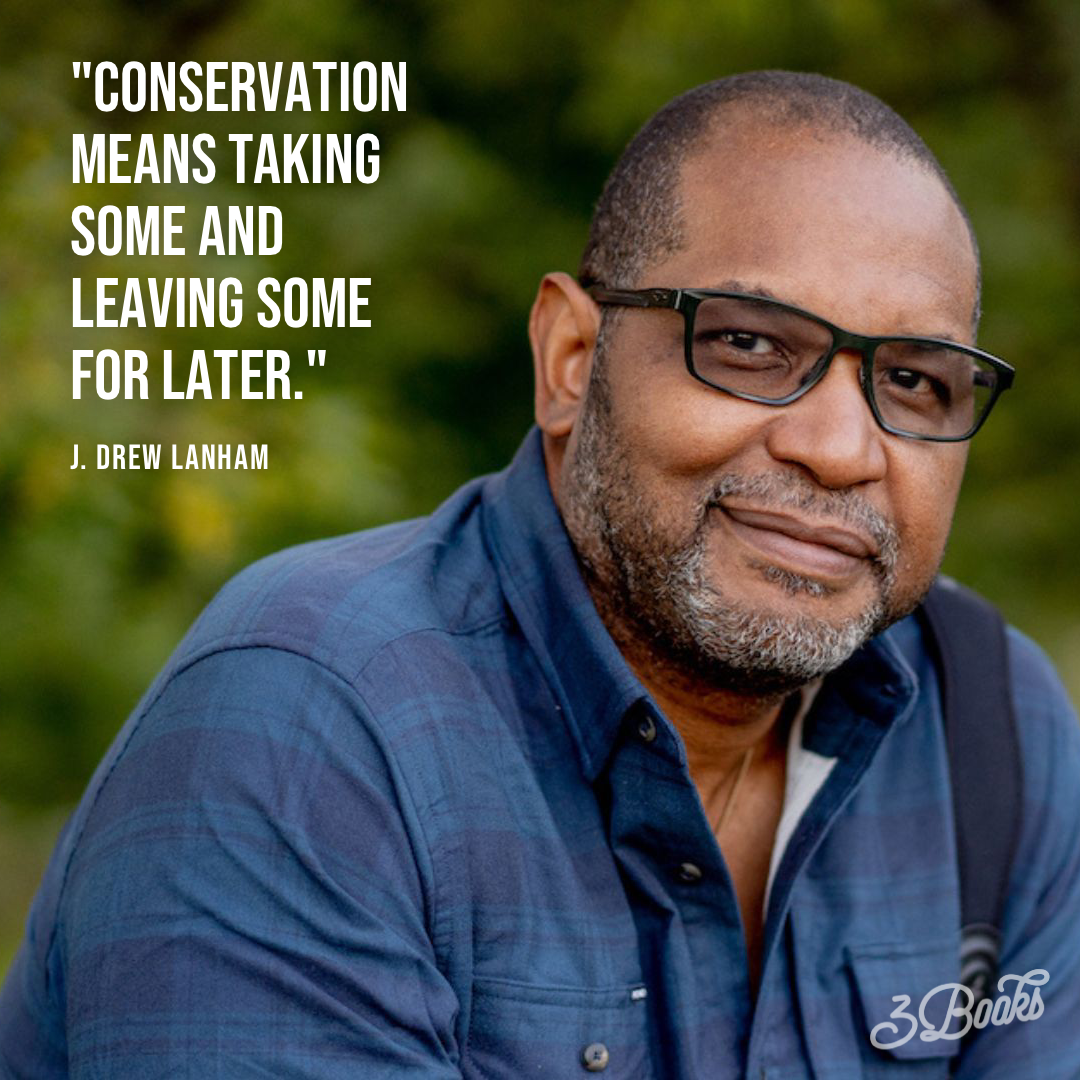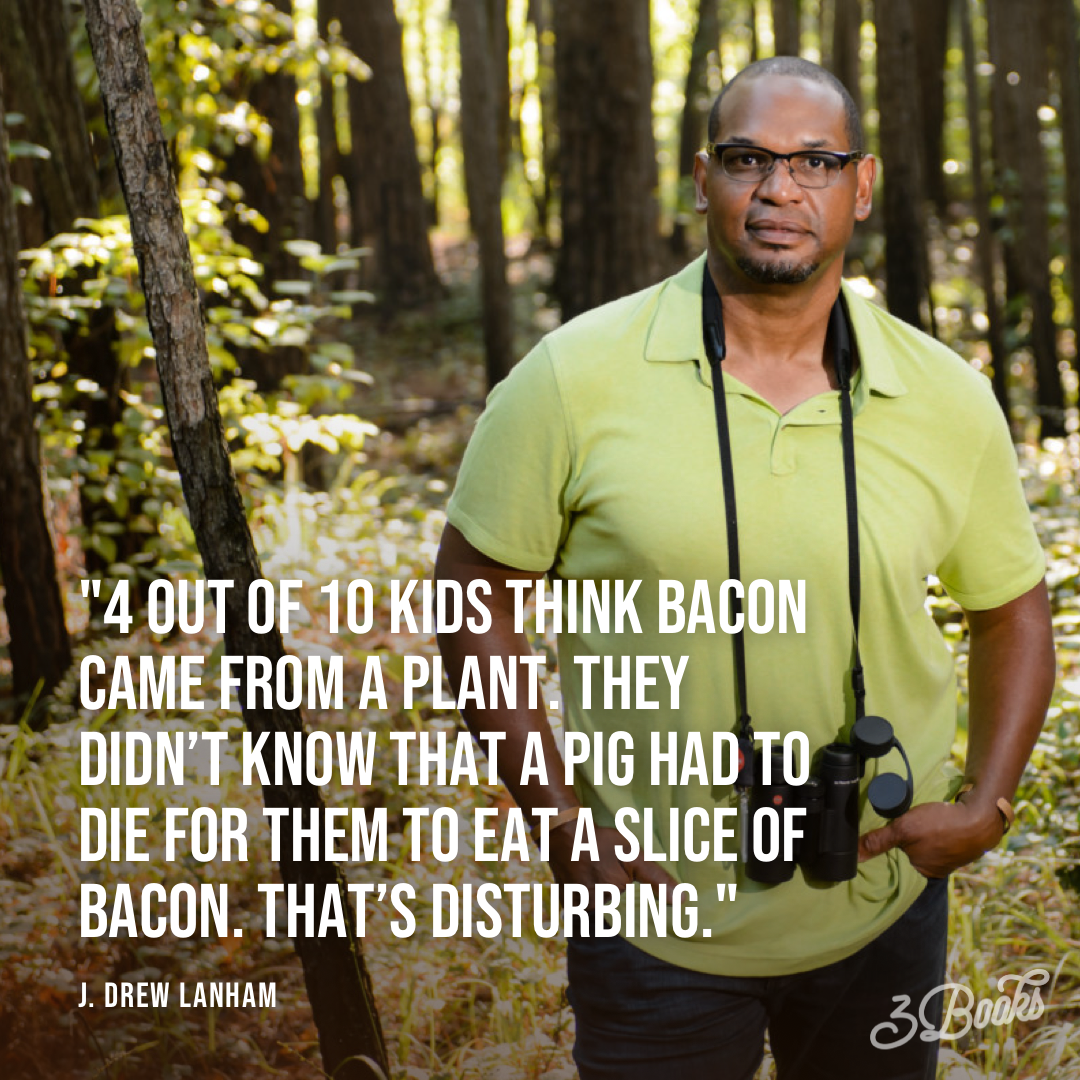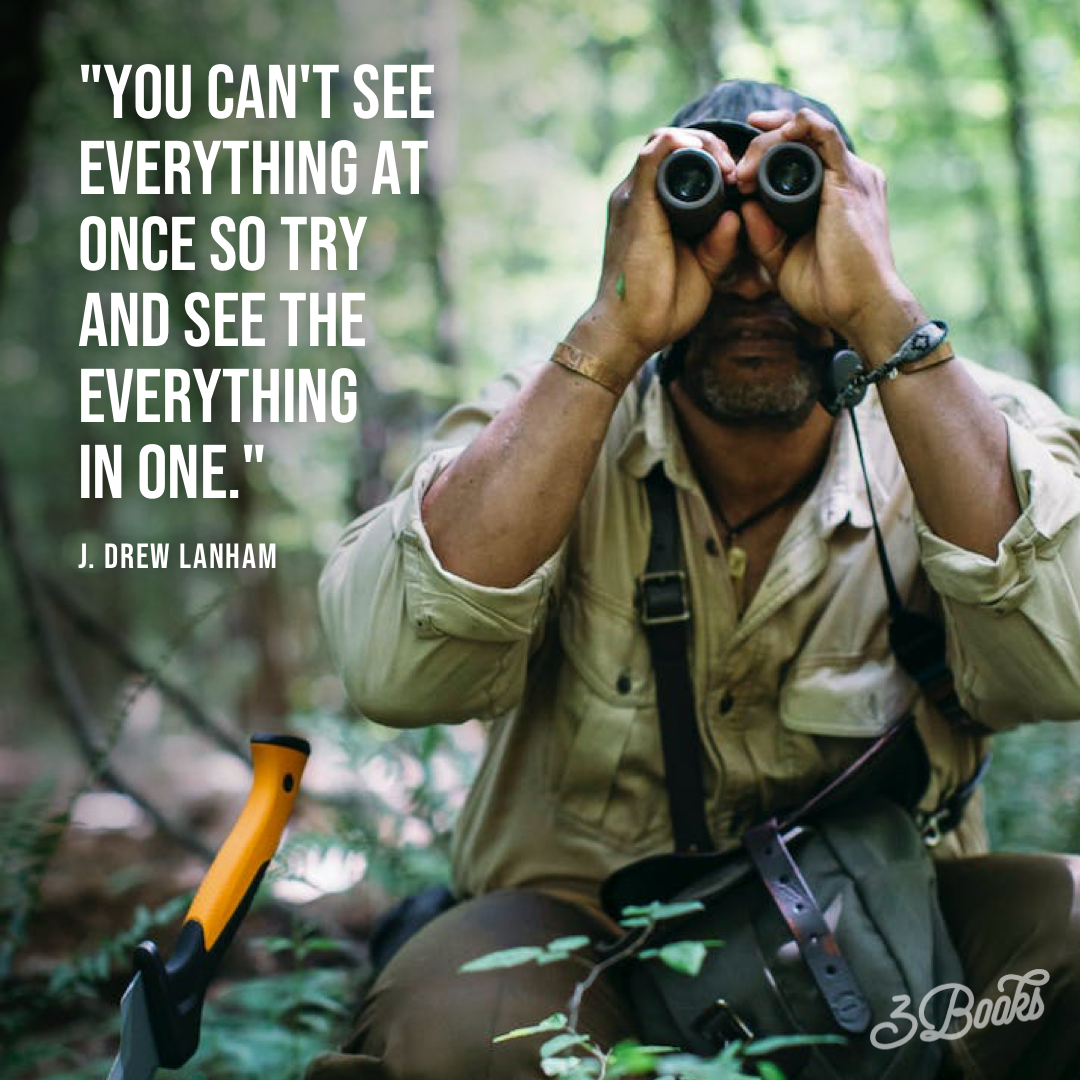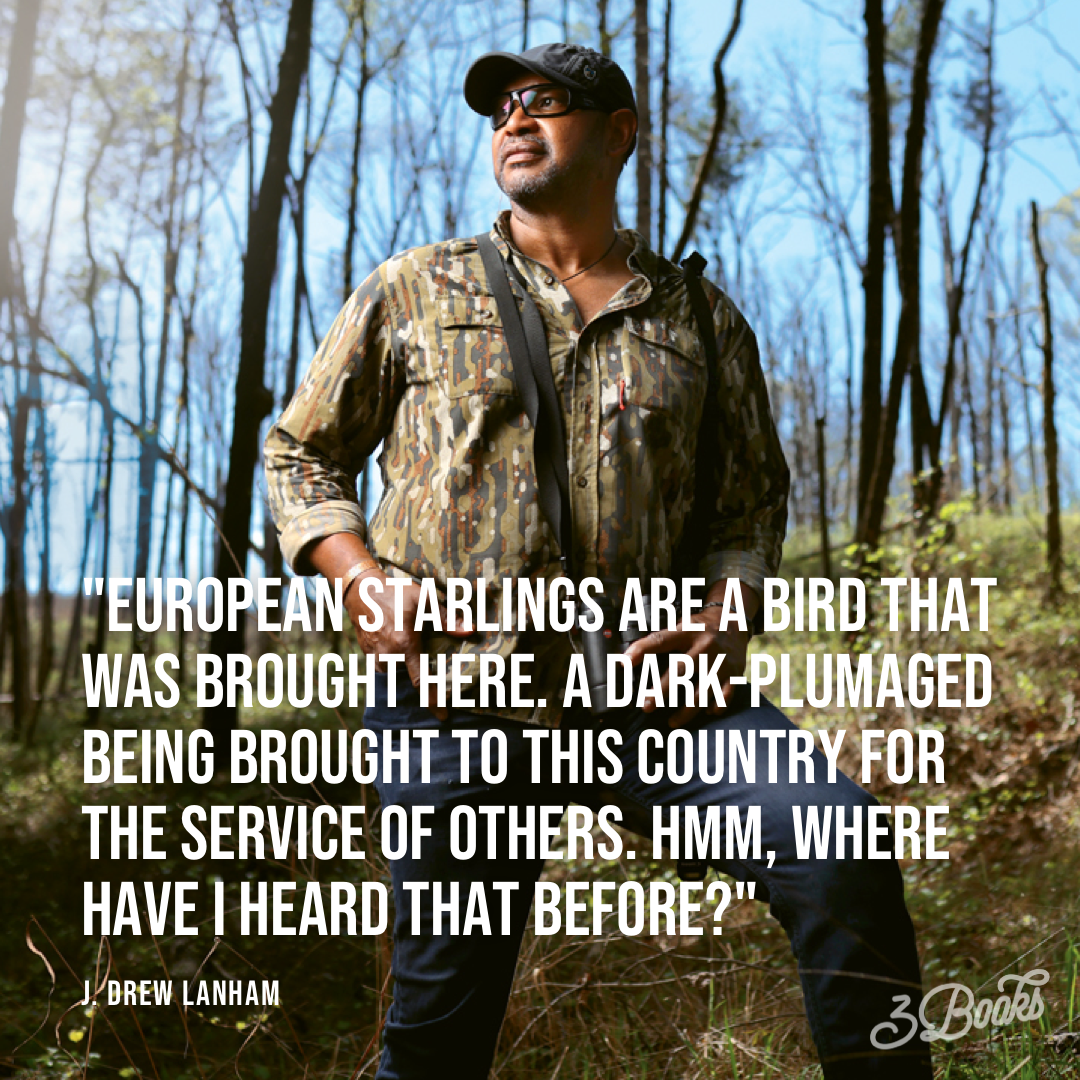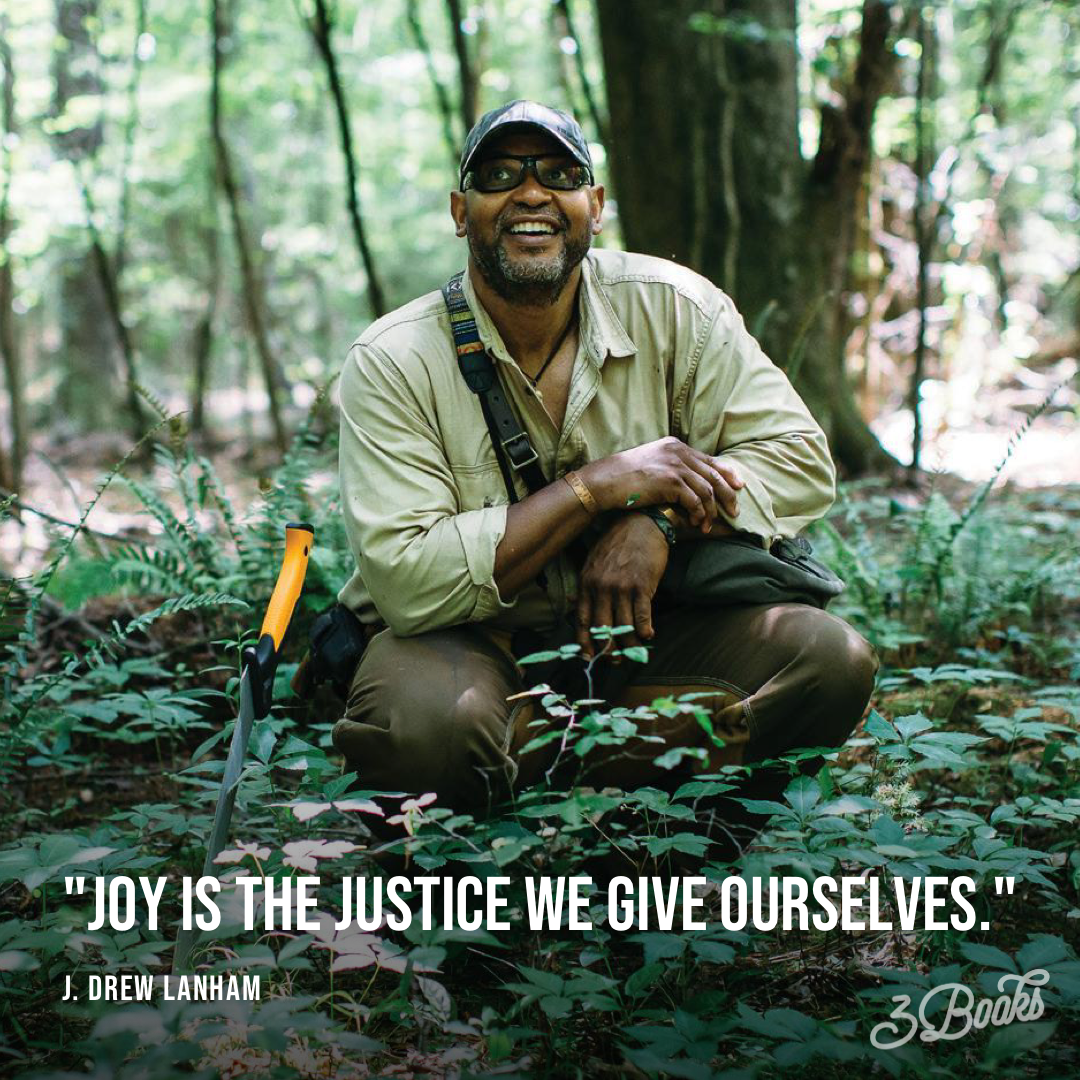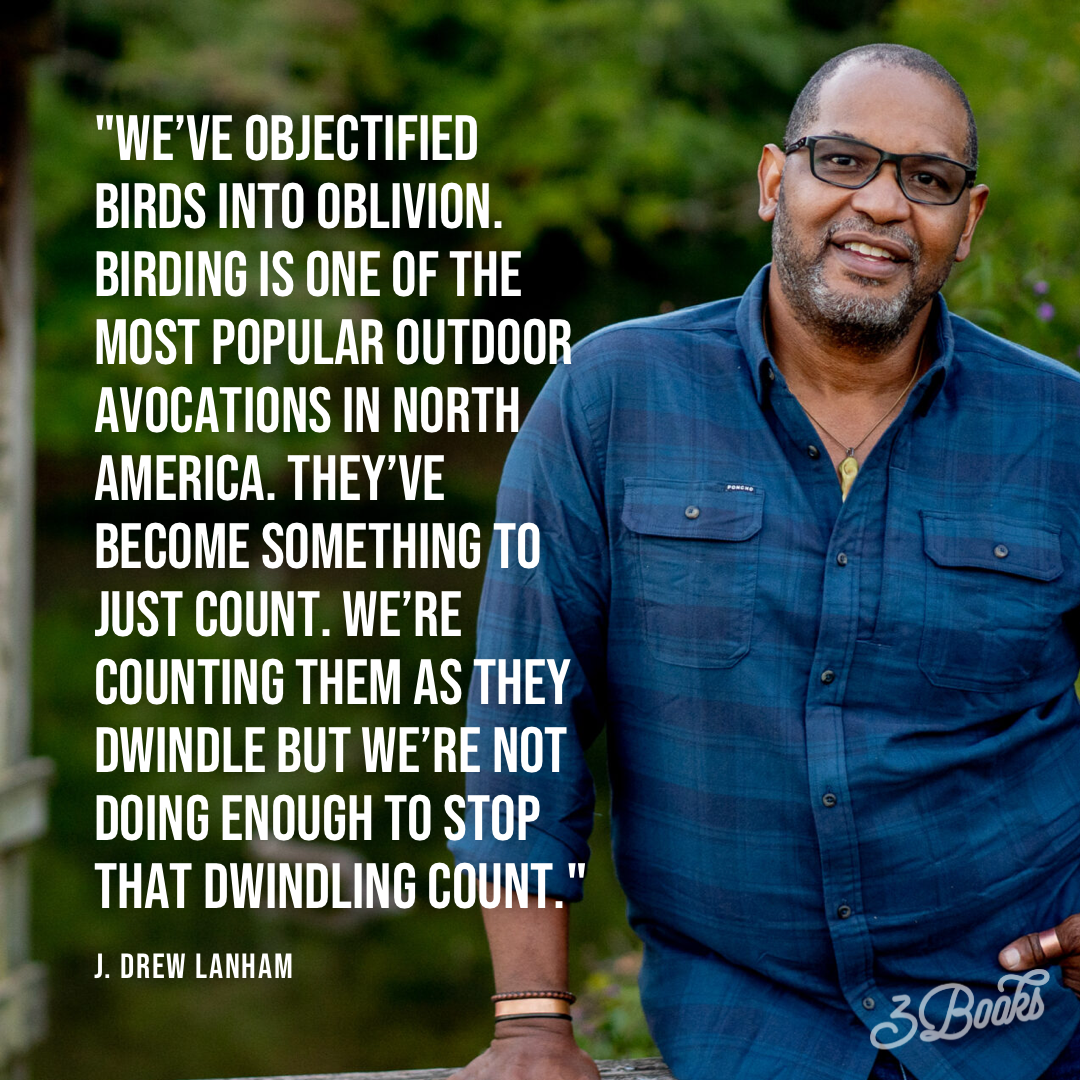‘The Help’ by Kathryn Stockett. ‘Big Little Lies’ by Liane Moriarty. ‘Let's Pretend This Never Happened’ by Jenny Lawson. ‘American Dirt’ by Jeanine Cummins. ‘This Is How It Always Is’ by Laurie Frankel. ‘Listen for the Lie’ by Amy Tintera. ‘We Begin At the End’ by Chris Whittaker. ‘A Higher Loyalty’ by James Comey. ‘The Book of Awesome’ by Neil Pasricha.
What do these books have in common? The famed but invisible editor pulling the strings from behind the curtain: Amy Einhorn
Fifteen years ago my seven-month-old blog ‘1000 Awesome Things’ was nominated for ‘Best Blog’ from the International Academy of Digital Arts and Sciences. I was approached by literary agents and my new agent Erin Malone told me she wanted to auction my blog to publishers … next week. Suddenly I was in the foreign position of interviewing editors who were somehow clamoring to publish my book.
I signed with Amy Einhorn—a woman I’d never heard of, who had just started an eponymous imprint I’d never heard of, within Putnam Publishing, which I’d also never heard of. But I was immediately and magnetically attracted to her vision for the book. “It’s a hardcover, Neil,” she said. “It’s for moms. It’s a gift book. You gotta lose the frat boy posts. No blowing your nose in the shower. And I need a lot more new content.”
I learned everything about editing from Amy in our passionate late night diatribe emails, our hot-potato-ing of 300-page Word docs back and forth with 100s of comments in red down the sides, and arguing—good arguing!—about every single element along the way. I’d sit in her office and she’d have a variety of ‘cases’ laid out on her desk. “What do you think of 5” by 7”?” she’d say. “Too precious? Too cute?”
Amy is one of the most successful editors in the world today with the highest percentage of books edited hitting the New York Times bestseller list. According to a feature in The Observer, “New York editors and publishers speak of Amy Einhorn's success as the product of an almost mystical editorial instinct.” She has a knack for sniffing out voice, for knowing what will work and what won’t and, as you can imagine, I’ve been begging her to come on 3 Books for six years to hear how it all works.
So I flew down to NYC to talk with the bright, brilliant, and beaming Amy Einhorn about what an editor does, how a book gets published, what helps a book sell, Amy's 3 most formative books, and much, much more.
Let’s flip the page to Chapter 140 now…
Chapter 140: Amy Einhorn on powerful pages and publishing possibilities
View full transcript here
AMY’S 3 Books
First book (13:30)
Second book (47:02)
Third book (1:22:19)
WORDCLOUD OF THE CHAPTER
Quotes
“I remember I was dating a boy once and he said something about a trust fund, and I said ‘what’s a trust fund?’And I’d kept walking and he had stopped.” — Amy Einhorn | 3 Books Podcast
“All of publishing is about being an outsider.” — Amy Einhorn | 3 Books Podcast
“So much about publishing is having an advocate. And since all of it is subjective, you and I can read the same book and have completely different opinions about it, but you just need one person who is going to be messianic about your book and tell everyone they need to read it.” — Amy Einhorn | 3 Books Podcast
“I remember 1990, it was terrible the sky was falling—now you look back and those were the good old days.” — Amy Einhorn | 3 Books Podcast
“The book delivers something you can't get somewhere else." — Amy Einhorn | 3 Books Podcast
“A lot of people don’t write sex well, so usually I’m very adverse to, I’m very worried when some of my authors write sex and it seems like very purple prose.” — Amy Einhorn | 3 Books Podcast
“My literary authors always want to have more sales and my commercial authors always want to be perceived more literary.” — Amy Einhorn | 3 Books Podcast
“I’m not working in a coal mine, I have a great job. But it’s a bummer when you spend a whole weekend reading a book that falls apart.” — Amy Einhorn | 3 Books Podcast
“You’re kind of like, what is it? But I want it.” (on the mark of a good title) — Amy Einhorn | 3 Books Podcast
“I’m not working in a coal mine, I have a great job. But it’s a bummer when you spend a whole weekend reading a book that falls apart.” — Amy Einhorn | 3 Books Podcast
“If you’re a really good editor, you shouldn’t be able to see any of our work.” — Amy Einhorn | 3 Books Podcast
“My job is to help an author write a better book and reach as many readers as possible. But I’m not writing the book.” — Amy Einhorn | 3 Books Podcast
“Novels can speak more truthfully because people can just say ‘Oh, I made it up.’...Fiction allows us to get at truth in away that other forms don’t.” — Amy Einhorn | 3 Books Podcast
“Bookselling is about somebody handing you a book and saying ‘you should read this.’” — Amy Einhorn | 3 Books Podcast
“You just need one person to like your book.” (about getting published) — Amy Einhorn | 3 Books Podcast
Show Notes
‘Book of Awesome’ by Neil Pasricha
Nihar Malaviya, Chief Executive Officer of Penguin Random House
‘All the Colors of the Dark’ by Chris Whitaker
‘The Help’ by Kathryn Stockett
‘Big Little Lies’ by Liane Moriarty
‘This Is How It Is’ by Laurie Frankel
‘Lucky Night’ by Eliza Kennedy
‘The Counterlife’ by Philip Roth
‘This Is How It Always Is’ by Laurie Frankel
‘Here One Moment’ by Liane Moriarty
‘Nine Perfect Strangers’ by Liane Moriarty
Type Bookshop, Toronto
‘Marley & Me’ by John Grogan
‘The Correspondent’ by Virigina Evans














